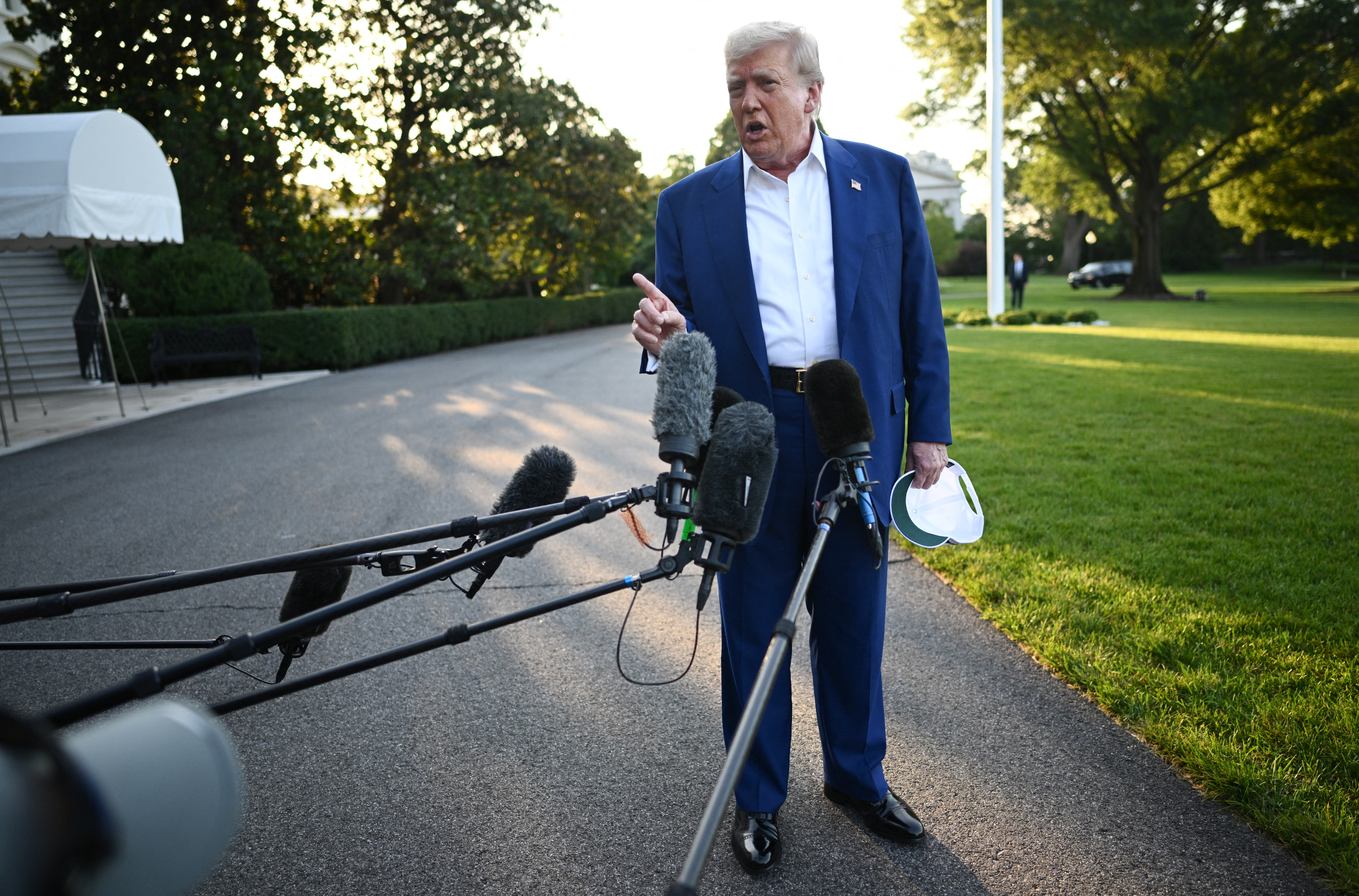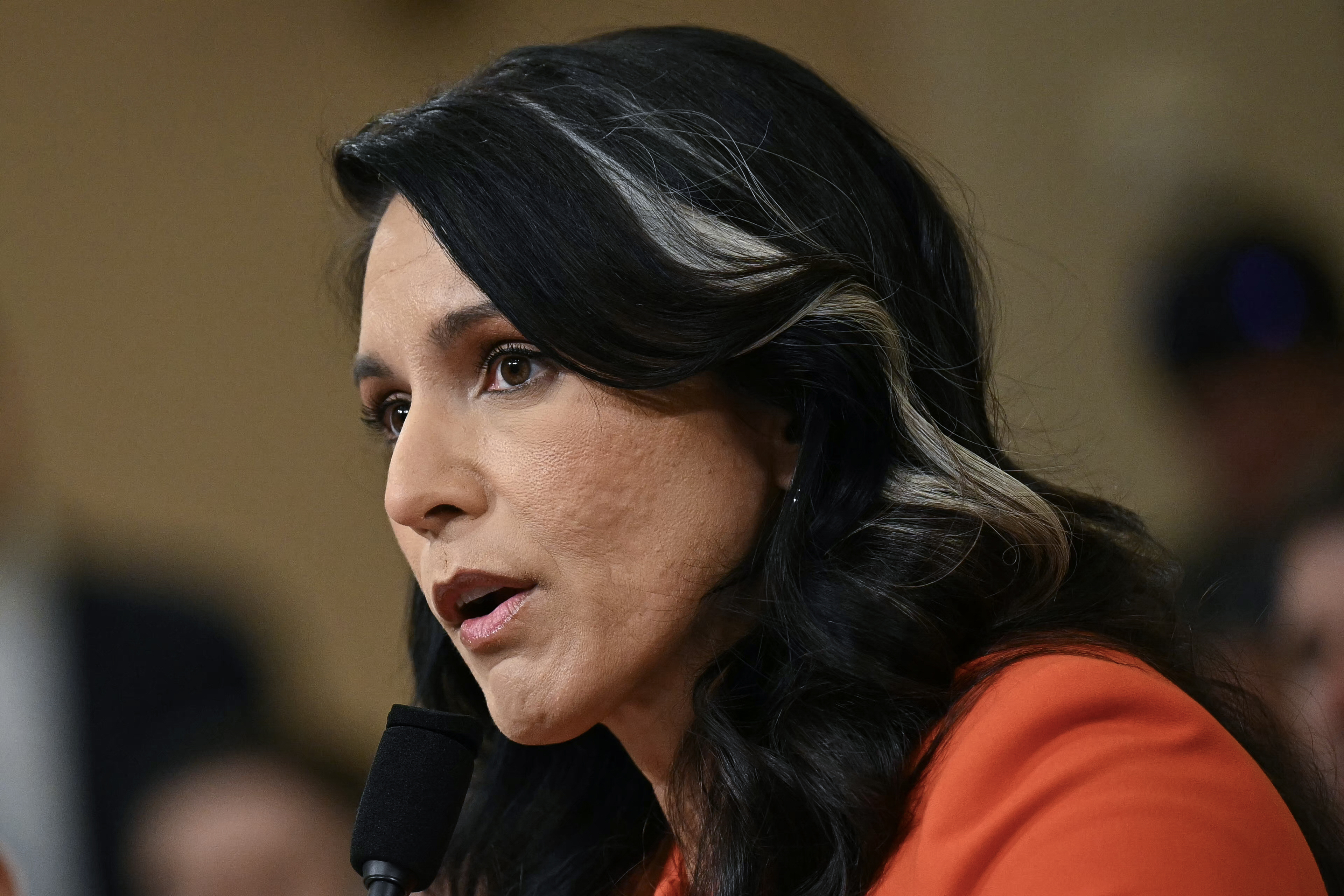When Ohio senator J.D. Vance arrived at the Munich Security Conference in February, he had a clear message meant for the world: the Republican Party was no longer the party of Ronald Reagan. Standing outside the Hotel Bayerischer Hof, he informed reporters that he did not believe American support for combat against authoritarian regimes should extend to Ukraine — and that he would continue to oppose efforts to “increase the supply of weapons in Ukraine because we’ve already expended so many of our munitions and resources” to achieve a victory that he does not foresee.
Vance’s bootstrap story is well-known — he’s a Marine veteran turned Yale Law grad turned venture capitalist made prominent by his bestselling Appalachia memoir Hillbilly Elegy. Now he is becoming the preeminent voice on national security among the younger set of Senate Republicans. He was one of the fifteen GOP senators under fifty-five who, a week before his Munich remarks, opposed the most recent Ukraine military aid bill, passed by a bipartisan majority. He has already established himself as one of Tucker Carlson’s closest allies in politics, supporting him throughout the host’s Vladimir Putin promotional tour. Before the week is out, Vance will be sharing a Charles Lindbergh speech online, lauding it as prescient.
“My political perspective is maybe underrepresented among the Munich Security Conference,” Vance added. “My political perspective is, I believe, the majority political perspective in the United States.”
The polls indicate that Vance is wrong, and not by a little — his perspective is not held even by the majority in his own party. But he and many who agree with him like to manifest the reality they desire, and their hopes are clear: they embrace a perspective that is inherently antithetical to the Reagan doctrine, maintaining that American foreign policy must nowadays be more modestly imagined for practical reasons. It’s not restraint or realism in a traditionally understood sense. Vance’s worldview says: speak softly and recognize the diminutive size of your stick. If you were to list the most impassioned supporters of former president Donald Trump, Vance would be near the top of the list — perhaps beaten out only by Lindsey Graham, the South Carolina neoconservative who seems never to have found a war he didn’t want to wage. What gives?
A new book by political veterans Matthew Kroenig and Dan Negrea suggests a response to the new isolationism that is comprehensive, coherent and essential for understanding the overarching dynamic of contemporary foreign policy debates on the right. In We Win, They Lose: Republican Foreign Policy and the New Cold War, the authors seek clarity in the spastic and often muddied world of center-right foreign policy, where the lessons of Iraq and Afghanistan have been unheard or misinterpreted, and where anyone who happens to disagree with the loudest populists is branded a neocon.
Early on, Kroenig and Negrea address the elephant in the room: is the GOP even capable of having a foreign policy? They write:
Some might argue that, unlike in Reagan’s time, the Republican Party today is too divided to pursue a coherent strategy on anything. But this view is incorrect. While there are real divisions within the party, the outline of a new foreign policy consensus exists just beneath the surface. The existential threat posed by the Chinese Communist Party is a central, unifying theme. We call this emerging Republican foreign policy doctrine the Trump-Reagan fusion. Reagan set the basis for the modern Republican Party for nearly forty years with his commitment to individual liberty, free markets, and a strong national defense. These traditions are alive and well among conservatives. But Trump updated what it means to be a conservative. His America First policies refocused the GOP on the interests of all Americans and confronting countries, such as China, whose economic policies harm American interests.
The authors summarize the arguments of the moment, but also provide a healthy condemnation of the Joe Biden presidency and its many flaws in the national security space — including, but not limited to, its tendency to speak loudly without delivering on consequences of any kind. The “say/do” gap, particularly on Russia and China, is a regular aspect of the Biden administration’s tendency toward failure. As the Munich conference commenced, the news of the sudden death of Russian dissident Alexei Navalny in an Arctic prison colony rocked the gathering. In 2021, President Biden promised “devastating” consequences should Navalny be harmed. While the White House announced increased sanctions on Russia — some already planned for the anniversary of the Ukraine invasion — everyone knew nothing “devastating” would be forthcoming from an administration unwilling to take such steps.
What Kroenig and Negrea argue is that a world where the US is in charge is the best for American citizens, and for the world as a whole. They do not have a fanciful concept of the Reagan era as some Wilsonian quest for world democracy — far from it. Instead, they maintain there is a clear continuum from Reagan through Donald Trump, one that offers hope to those who will fight their own fights, stability for America’s allies around the world, and the clear threat of death to the enemies of the West. To achieve this, they call for a restoration of higher levels of military spending that have spiraled downward since the end of the Cold War and the diminution of the war on terror.
An animating dynamic of the current moment for those on the right is a prominent lack of trust in institutions their children inhabit — not limited to the American military, but the shift there is undeniable. Families that have sent generation after generation into the military have seen it woke-ified, hollowed out, undercut and led by people who meander on about the existential threat of climate change instead of our potential inability to replace our ships if they are sunk.
Given the level of depression in the ranks of the willing, and the way the military has failed those who aspire to serve, it’s no wonder that skepticism of America’s abilities has exploded in its own population. At times, Trump has encouraged this notion. But it’s clear he prefers a military that is big and brilliant, robust and capable of doing anything a commander-in-chief demands. His words on the campaign trail do not sound like J.D. Vance’s — instead, he argues that his threats toward Putin would have prevented any Ukraine invasion, and takes pride in getting the Ukrainians the weapons they requested before the war. For a president so many of his critics get wrong, this is an example where his fans get Trump wrong, too.
The blind-men-and-the-elephant approach to understanding Trump’s foreign policy has contributed since 2020 to varied definitions of an “America First” approach. For some of Trump’s most loyal supporters, his perspective on national security has turned out to be far closer to Reagan’s than what his opponents alleged — he was certainly no Ron Paul or Pat Buchanan once he got to the Oval Office. Now, a younger generation is attempting to reframe his legacy as supporting their own agenda — even though he is still around, and the words he’s saying on the campaign trail don’t sound like theirs. Kroenig and Negrea don’t shy away from this reality — in fact, they cite it as a major reason for writing their book:
We wanted to help define the legacy of Trumpism for conservative foreign policy so that others do not misunderstand and misuse it. We worry that some conservatives are learning the wrong lessons from the Trump administration, invoking Trump’s name to champion policy positions that border on isolationism. They label themselves Republicans, but their policy prescriptions are often indistinguishable from those on the far left. While in office, Trump was skeptical of some preexisting foreign commitments, but he was no isolationist. We think it would be a mistake to follow a foreign policy of retreat in the name of Trumpism.
Democrats need to read this book, if only to disabuse themselves of their notions about the lack of seriousness and thought behind today’s policy leaders on the right. The authors outline a clear vision of how to approach the challenges of a world that seems to be spinning off its axis, and a path out of the incoherence of the Biden administration that is real and achievable. What Republicans can take from their work is different, but more meaningful: a way to understand ongoing policy debates, inclusive of many voices bent on different aims than the former president himself, even if they wrap themselves in his colors. The so-called MAGA agenda on foreign policy may be ill-defined for a reason — because both the Lindsey Grahams and J.D. Vances of the political world would like to take advantage of the lack of clarity. We Win, They Lose provides that clarity, making it an essential read for understanding these incoherent times.
This article was originally published in The Spectator’s April 2024 World edition.























Leave a Reply